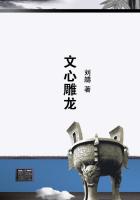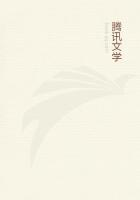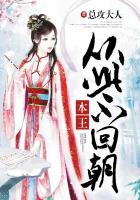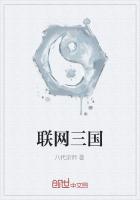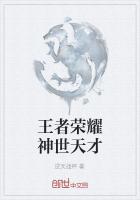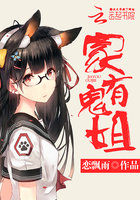The brothers lived and reigned. Simeon, the eldest brother, with his straw soldiers took captive the genuine soldiers and trained all alike. He was feared by every one.
Tarras-Briukhan, the other brother, did not squander the gold he obtained from Ivan, but instead greatly increased his wealth, and at the same time lived well. He kept his money in large trunks, and, while having more than he knew what to do with, still continued to collect money from his subjects. The people had to work for the money to pay the taxes which Tarras levied on them, and life was made burdensome to them.
Ivan the Fool did not enjoy his wealth and power to the same extent as did his brothers. As soon as his father-in-law, the late Czar, was buried, he discarded the Imperial robes which had fallen to him and told his wife to put them away, as he had no further use for them. Having cast aside the insignia of his rank, he once more donned his peasant garb and started to work as of old.
"I felt lonesome," he said, "and began to grow enormously stout, and yet I had no appetite, and neither could I sleep."Ivan sent for his father, mother, and dumb sister, and brought them to live with him, and they worked with him at whatever he chose to do.
The people soon learned that Ivan was a fool. His wife one day said to him, "The people say you are a fool, Ivan.""Well, let them think so if they wish," he replied.
His wife pondered this reply for some time, and at last decided that if Ivan was a fool she also was one, and that it would be useless to go contrary to her husband, thinking affectionately of the old proverb that "where the needle goes there goes the thread also." She therefore cast aside her magnificent robes, and, putting them into the trunk with Ivan's, dressed herself in cheap clothing and joined her dumb sister-in-law, with the intention of learning to work. She succeeded so well that she soon became a great help to Ivan.
Seeing that Ivan was a fool, all the wise men left the kingdom and only the fools remained. They had no money, their wealth consisting only of the products of their labor. But they lived peacefully together, supported themselves in comfort, and had plenty to spare for the needy and afflicted.

